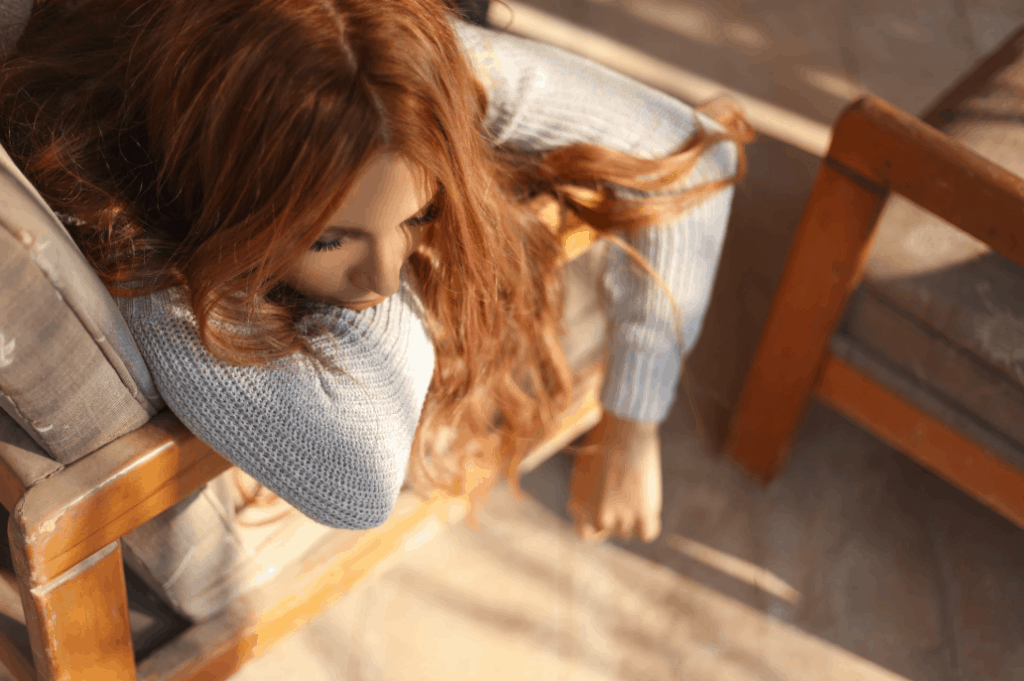
It’s no secret that stress can impact sleep and according to a recent survey, this year’s sleep quality among Americans has taken a hit. The survey was conducted by the U.S. News and World Report and found that 74 percent of American adults over the age of 18 said stress impacted their sleep this year. (1) Amongst the top stressors for Americans? The 2024 election.
The survey was conducted in August 2024 and included 1,200 U.S. consumers, with 56 percent being female participants and 44 percent male. According to the survey, 1 in 3 adults (31 percent) felt that worrying about this fall’s election was having a negative impact on their sleep. In addition to the election, gun violence, climate change, and war also weighed heavily on participants’ minds.
The top 5 things keeping Americans awake at night worrying are:
- Cost of living
- Gun violence
- 2024 Presidential election
- War
- Climate change
Additional data released on Oct. 22 by the American Psychological Association shared that of 3,300 Americans surveyed, 77 percent say the future of the nation is a “significant source of stress,” and 69 percent say the election itself is. (2) Around one third of people surveyed share that they are limiting time with family members because of differing political beliefs, and another one third shared that it’s caused stress in their relationships. That’s enough to keep many people up at night. One thing we can (mostly) unite around is that more than 4 in 5 Americans are worried that others are basing their opinions off of misinformation.
This isn’t the first time that sleep has been impacted by the election cycle. A 2023 study found that both US study participants and non-US participants had their sleep impacted by elections. (3) Election Day had reduced sleeping hours and efficiency, along with an increase in alcohol use and stress.
Additionally, the American Academy of Sleep Medicine also found in its recent survey of 2,006 adults that almost half of Americans (46 percent) have said they’ve lost sleep due to worries about the upcoming election. (4) Election night itself left 34 percent of participants saying they felt tired the following day. Some political officials point to their fear of violence following the election itself.
According to Dr. Robert Bright, a psychiatrist at Mayo Clinic in Phoenix, Ariz., who commented around the time of the 2020 election, it’s important to keep in mind what you can control — even when it feels uncontrollable. “If it’s causing impairment, if it’s causing clinical depression and sadness, and tearfulness, and certainly feelings of hopelessness or helplessness that evolve into actual feelings of despair or even suicidal thoughts, certainly, at that point, it’s time to seek out professional help,” says Dr. Bright. “And seeking out help could be a professional therapist or a psychiatrist to treat what’s become a clinical depression at that point. It could be just reaching out to friends and social networks, or forming a little connection of people you’re texting back and forth ― or talking on the phone or connecting. Just staying connected is so important.”
It’s not just American citizens experiencing sleep struggles — the candidates are too. Harris reported trouble sleeping when current president Joe Biden announced he was dropping out of the election, for example.
Ironically, sleep loss and anxiety are a vicious cycle, with poor sleep making you struggle more with anxious thoughts and even conspiracy theories, some research shows. And some have been anxious about this election for quite a long time. The 2023 list of worries keeping people up listed the 2024 election as fifth in the list of concerns (now it’s third).
If the election anticipation is keeping you up at night, here are a few things to try ahead of the Big Day, and in the days that follow, according to the APA and other experts:
- Turn off the news — watching election coverage too frequently can ramp up your anxiety around it, causing you to have trouble thinking about other things. Instead, alternate between this and lighter TV shows such as comedies, or reading a book.
- Refrain from keyboard warrior arguments — There’s nothing like a sleepless night due to online bickering around political beliefs. Instead, engage in meaningful conversation with trusted friends and family.
- Practice excellent sleep hygiene and exercise routines — A few hours ahead of bedtime, dim the lights, turn off screens, and engage in a relaxing activity. Daily exercise, though not right before bed, can help you fall asleep and have higher quality sleep too.
Finally, prioritize your mental health by talking to a therapist if election anxiety is becoming too much to handle, or interfering too significantly with your sleep or overall health. And remember, in a few short weeks this will all be over — we hope.
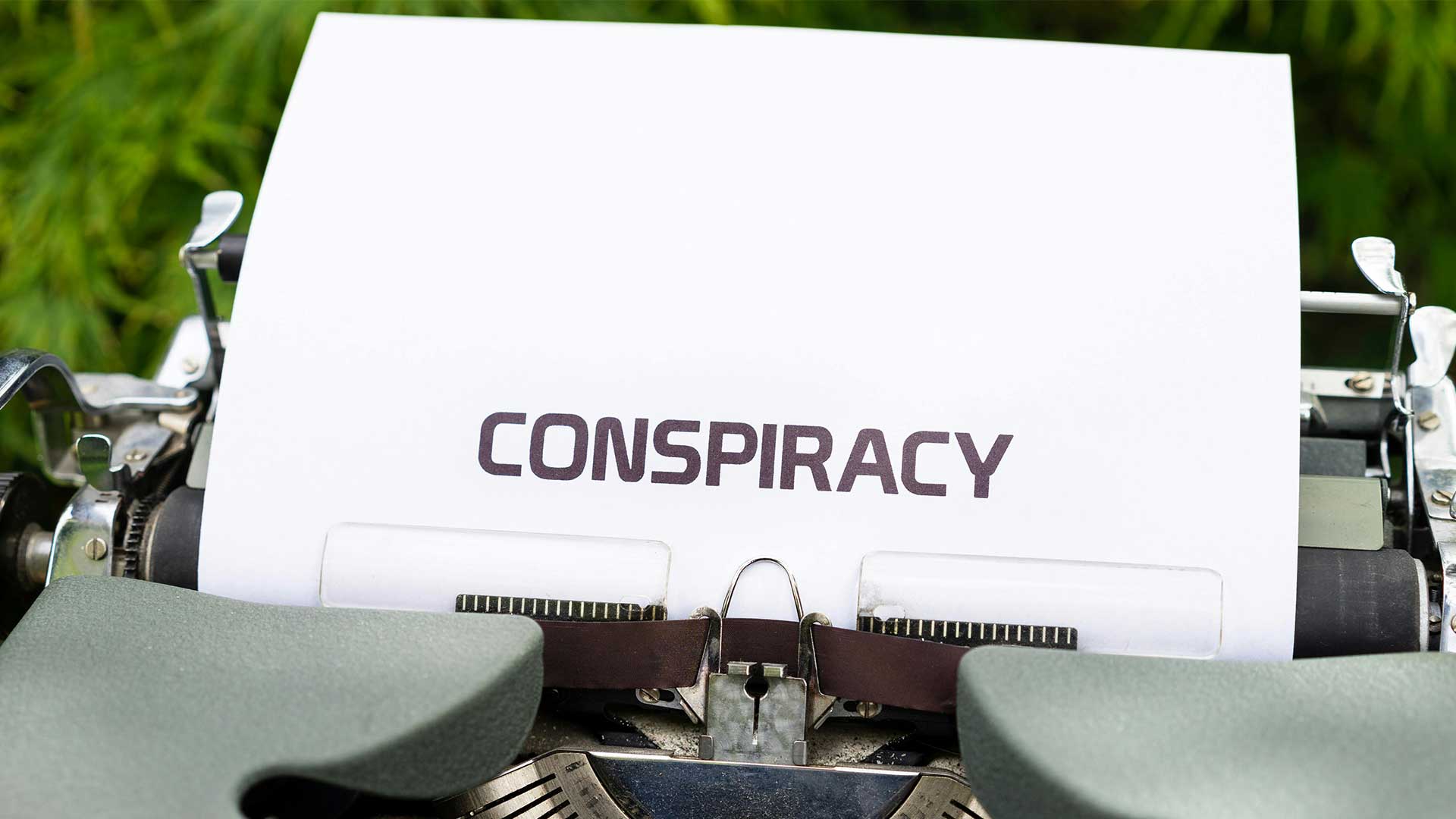
Does a Lack of Sleep Lead Some People to Become Conspiracy Theorists?
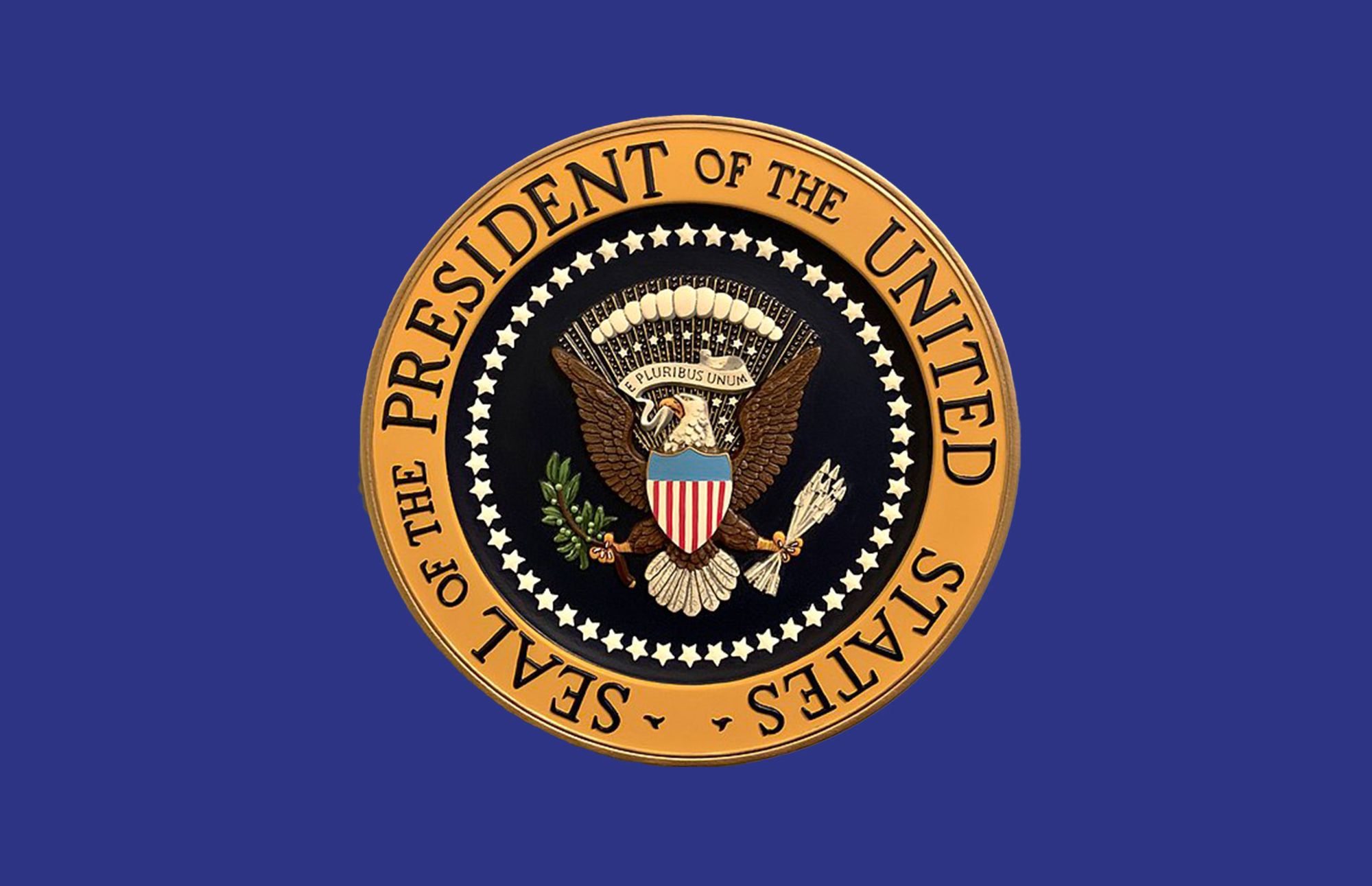
Kamala Harris Reveals She Experienced Insomnia During This Pivotal Campaign Moment
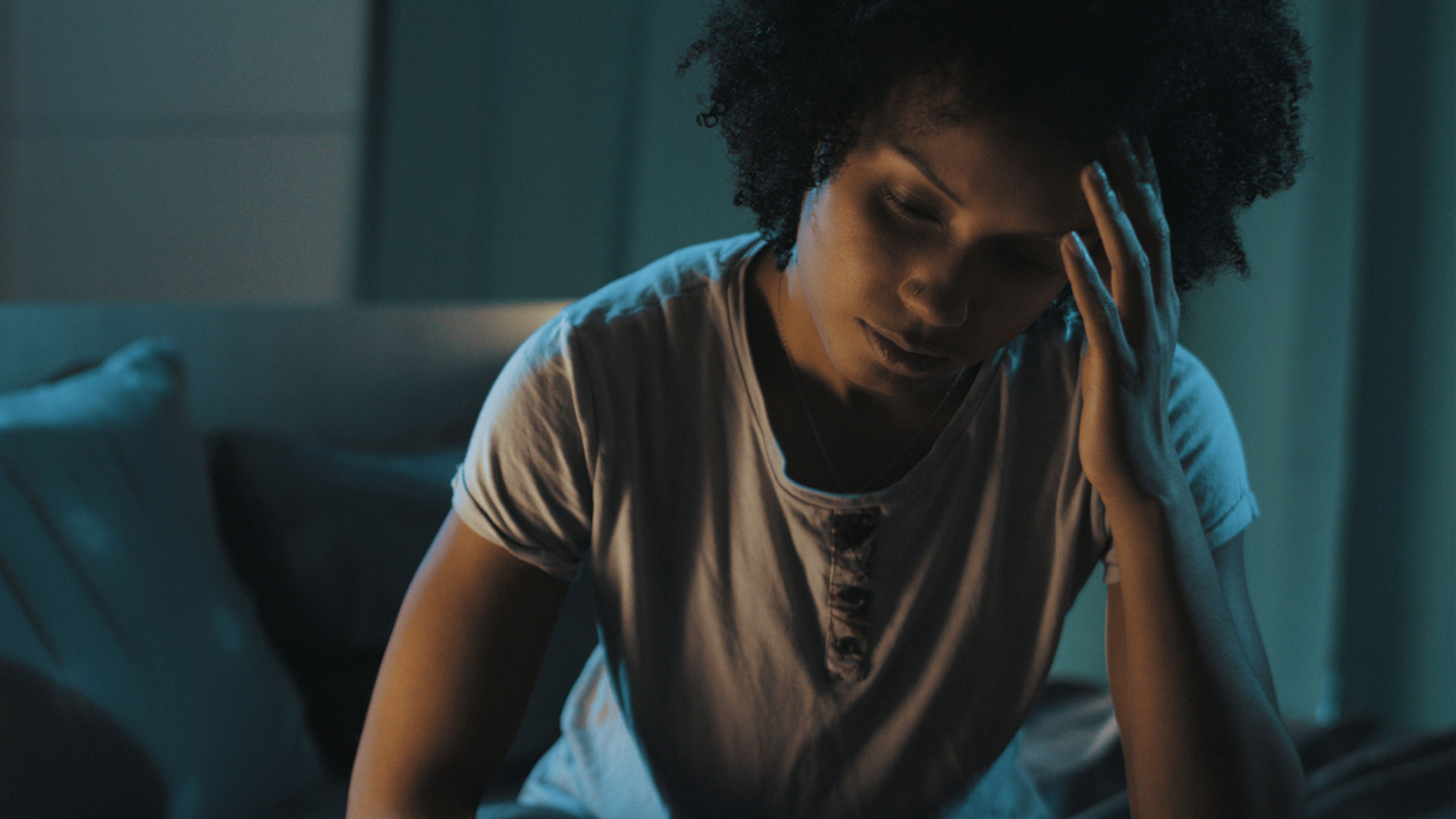
The Top 5 Worries Keeping Americans Awake at Night (and More About Bedtime Anxiety)
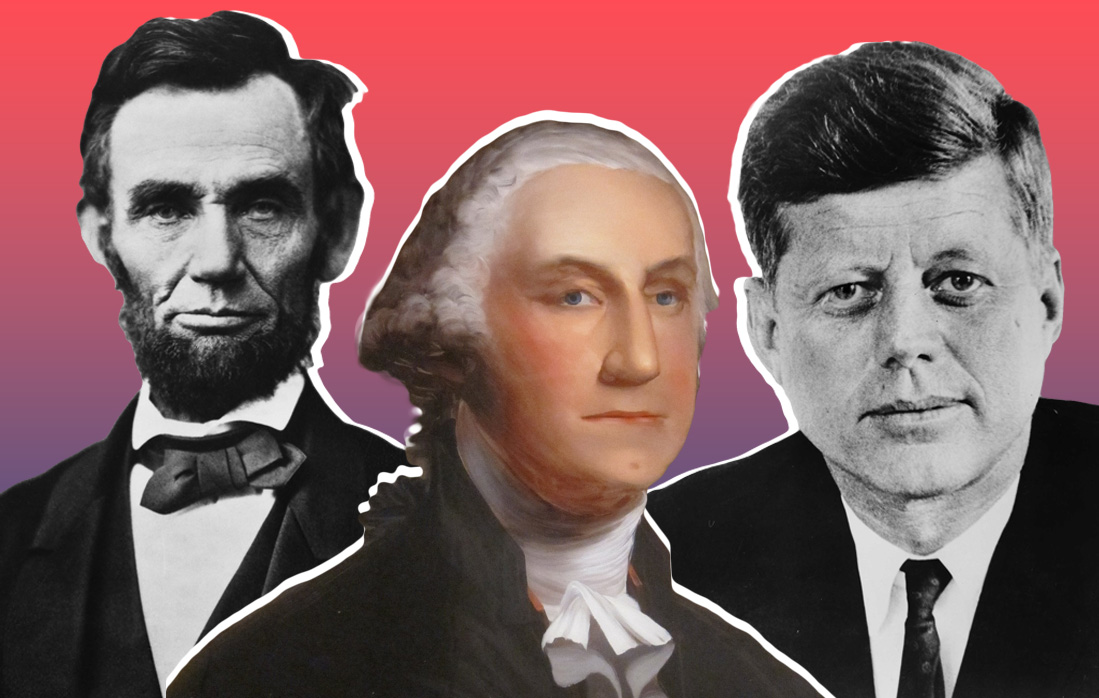
9 Presidential Sleep Habits That Might Surprise You
Sources
1. Forbes, Julia; “2024 Sleep Habits Survey Report,” U.S. News and World Report; https://www.usnews.com/360-reviews/sleep/2024-sleep-survey; September 17, 2024.
2. APA; “APA poll: Future of nation, economy and presidential election top U.S. stressors,” American Psychological Association; https://www.apa.org/news/press/releases/2024/10/top-us-stressors; October 22, 2024.
3. Cunningham TJ, Fields EC, Denis D, Bottary R, Stickgold R, Kensinger EA. How the 2020 US Presidential election impacted sleep and its relationship to public mood and alcohol consumption. Sleep Health. 2022 Dec;8(6):571-579. doi: 10.1016/j.sleh.2022.08.009. Epub 2022 Oct 22. PMID: 36280586; PMCID: PMC9772219.
4. AASM; “Survey reveals election and world worries keep Americans awake,” American Academy of Sleep Medicine; https://aasm.org/survey-reveals-election-and-world-worries-keep-americans-awake/; October 21, 2024.
Bright, Robert. Author interview. October 2024.